Time-limited free documentary
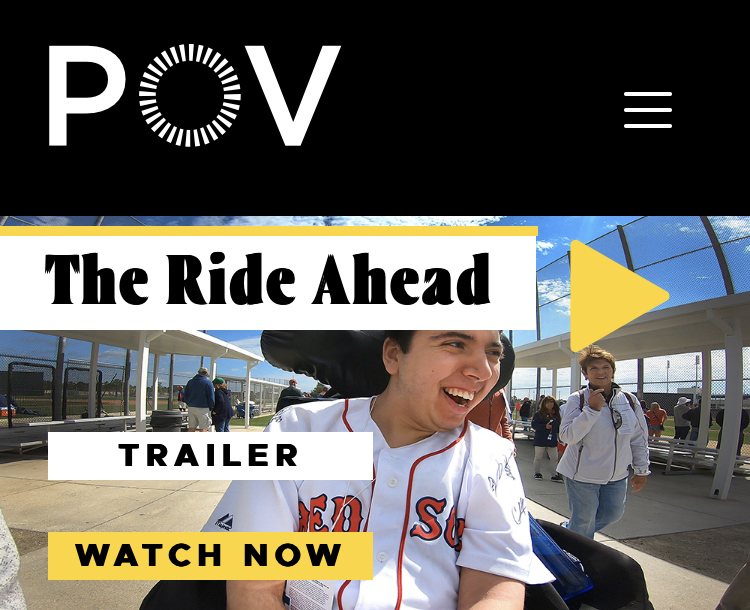
Important and incredible documentary about disability, adulthood, and finding your path.
Stream the film for free through September 19:
Brought to you by a majority disabled film team and featuring a 100% disabled cast, we [POV / PBS—television’s longest-running showcase for independent nonfiction films] are so proud to share The Ride Ahead with a national audience.
Enjoy this sneak peek of the film featuring Samuel Habib meeting his mentor and friend, the late Judy Heumann. We dedicate this film to her and hope this broadcast allows even more people to learn about her and her legendary contributions.
Learn more about our broadcast premiere and streaming window at www.rideaheadfilm.com/watchpbs
—Julie
Disabled Country
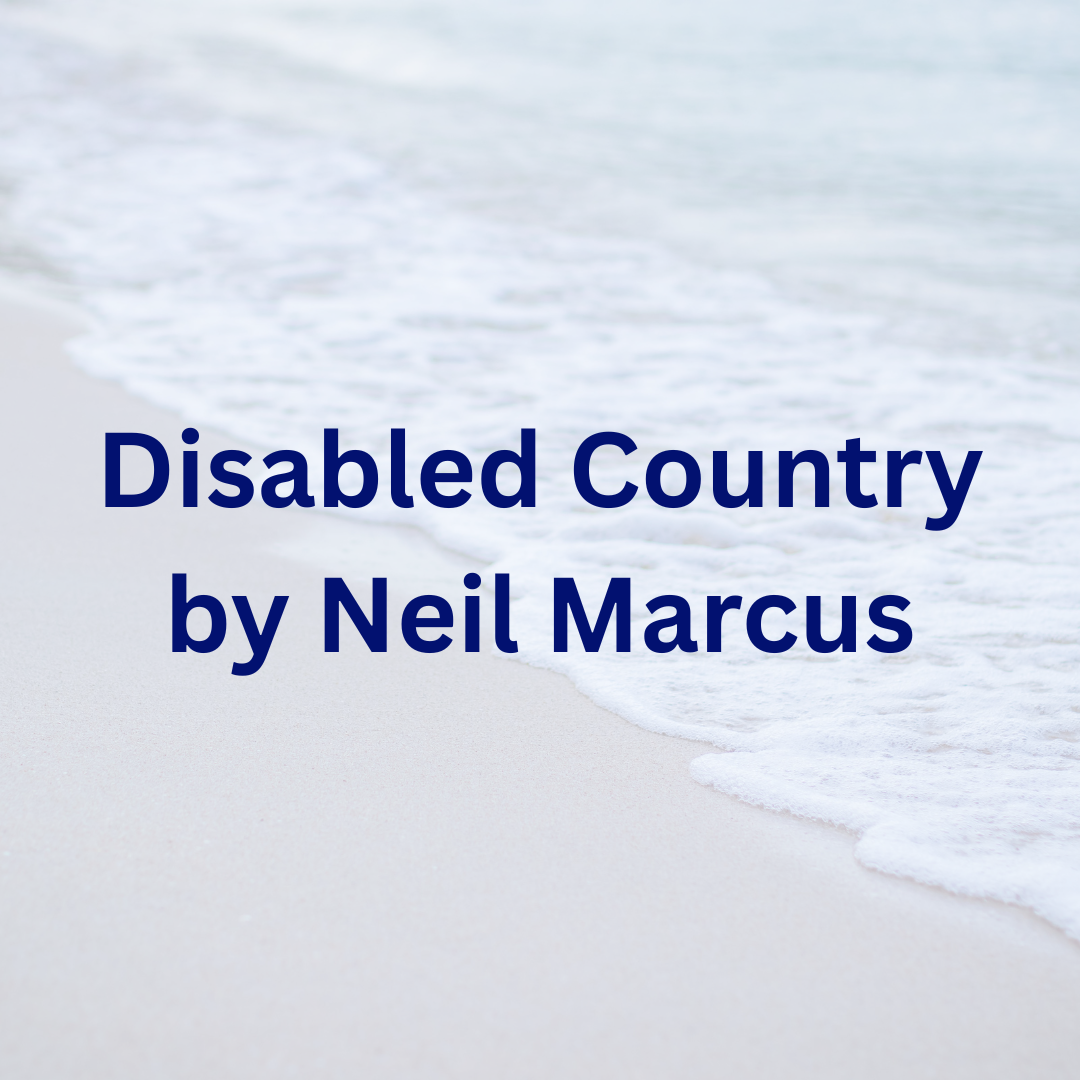
If there was a country called disabled, I would be from there.
I live disabled culture, eat disabled food, make disabled love, cry disabled tears, climb disabled mountains and tell disabled stories.
If there was a country called disabled, then I am one of its citizens.
I came there at age 8. I tried to leave. Was encouraged by doctors to leave. I tried to surgically remove myself from disabled country but found myself, in the end, staying and living there.
If there was a country called disabled, I would always have to remind myself that I am from there. I often want to forget. I would have to remember...to remember.
In my life's journey I am making myself at home in my country.
—Neil Marcus
—.—
Hi! I'm Julie Browne.
Click my name + follow if you want to learn how to feel more at peace while parenting a child with special needs.
Like this post? Hit 👍
Love it? Leave a comment ✍️
Think others should read it? Repost ♻️
Not every catastrophic event causes trauma

I heard an interview with a man who’s blind.
In grade school he got a condition making him go progressively blind.
Most of the interview focused on adaptive equipment and technology which expands individual potential in incalculable ways.
- What fascinated me was the absence of psychoemotional trauma.
Getting a catastrophic medical diagnosis generally causes trauma and grief in the individual and other family members.
This is especially true for parents since they’re able to see the full ramifications.
For siblings, the diagnosis may or may not be traumatic based in part on timing.
For a child, if they’re born with the condition and don't know what they lost because they never had it, the diagnosis has a significant but different impact than when their status changes, like in this man’s case.
I’m sure this man’s parents grieved their child’s loss of ‘normalcy.’
- But what he described was a phenomenal demonstration of what adequate and timely support did for him, in short—th ...
What can you do to lend a hand?

One of the eight principles I write about in my book —MASTERS of CHANGE— is support.
- Inadequate support —
is often status quo for families with a child with a catastrophic medical diagnosis (and others who are family caregivers).
There are over 53 million caregivers across the USA.
Look over these small and meaningful ways YOU might offer them support:
1. Consistent, simple check-ins.
Letting them know you’re thinking of them breaks up suffocating isolation. It reminds them that they matter, beyond their caretaker role.
2. Make a specific offer to help.
Think of what you can do for them (grocery shopping, pick up / drop off other children, organize living room / pantry / garage). Then ASK if you can do that.
Don’t say “Let me know what I can do.”
That requires work on their part.
It’s hard to prioritize.
They have 5 million things they could use help with.
Make it easy for them to say yes:
- Learn their routine.
- Learn what bugs them.
- Figure out what you’d like to do. ...
People with disabilities—America’s largest minority
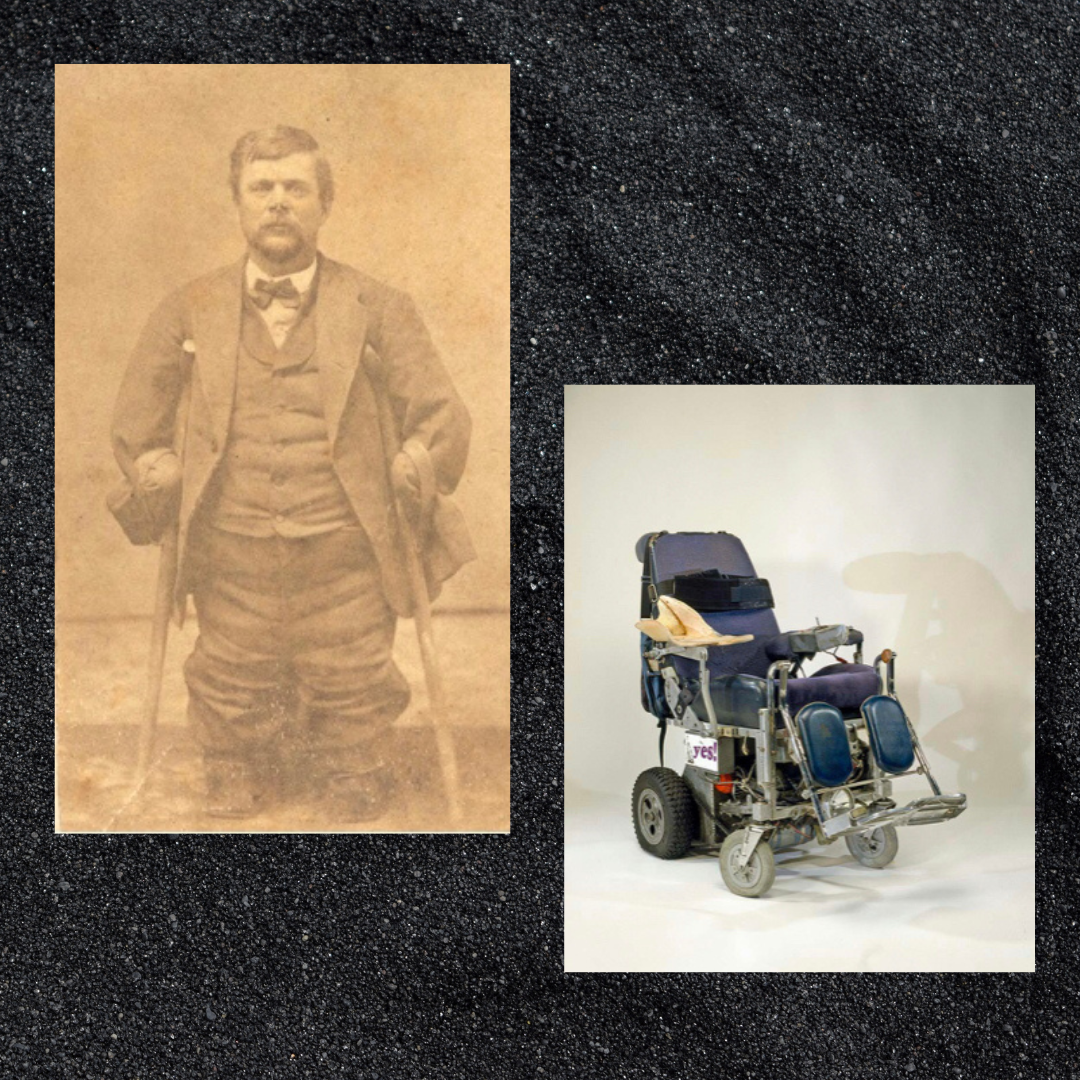
Image: Civil War veteran who lost body parts to frostbite. Activist Ed Roberts’ wheelchair.
“…When history comes through artifacts, distinct themes emerge—for example, the significance of place, relationships, and technology—that are less apparent when only books and words are used.”
“The Smithsonian’s National Museum of American History has created an online exhibit called EveryBody: An Artifact History of Disability in America. The exhibit presents history from the perspective of people with disabilities and features sections on disability and history, people, places, technology, and civil rights.”
“…Just as language about disability has changed (with movement away from stigmatizing terms such as crippled, handicapped, or invalid), so has understanding of it, with civil rights becoming paramount.”
“…Institutions, group homes, schools, nursing homes, camps, and independent living centers generated camaraderie and new ideas as well as rebellion and change…”
It was in a summer camp...
A day in the life of a special needs family
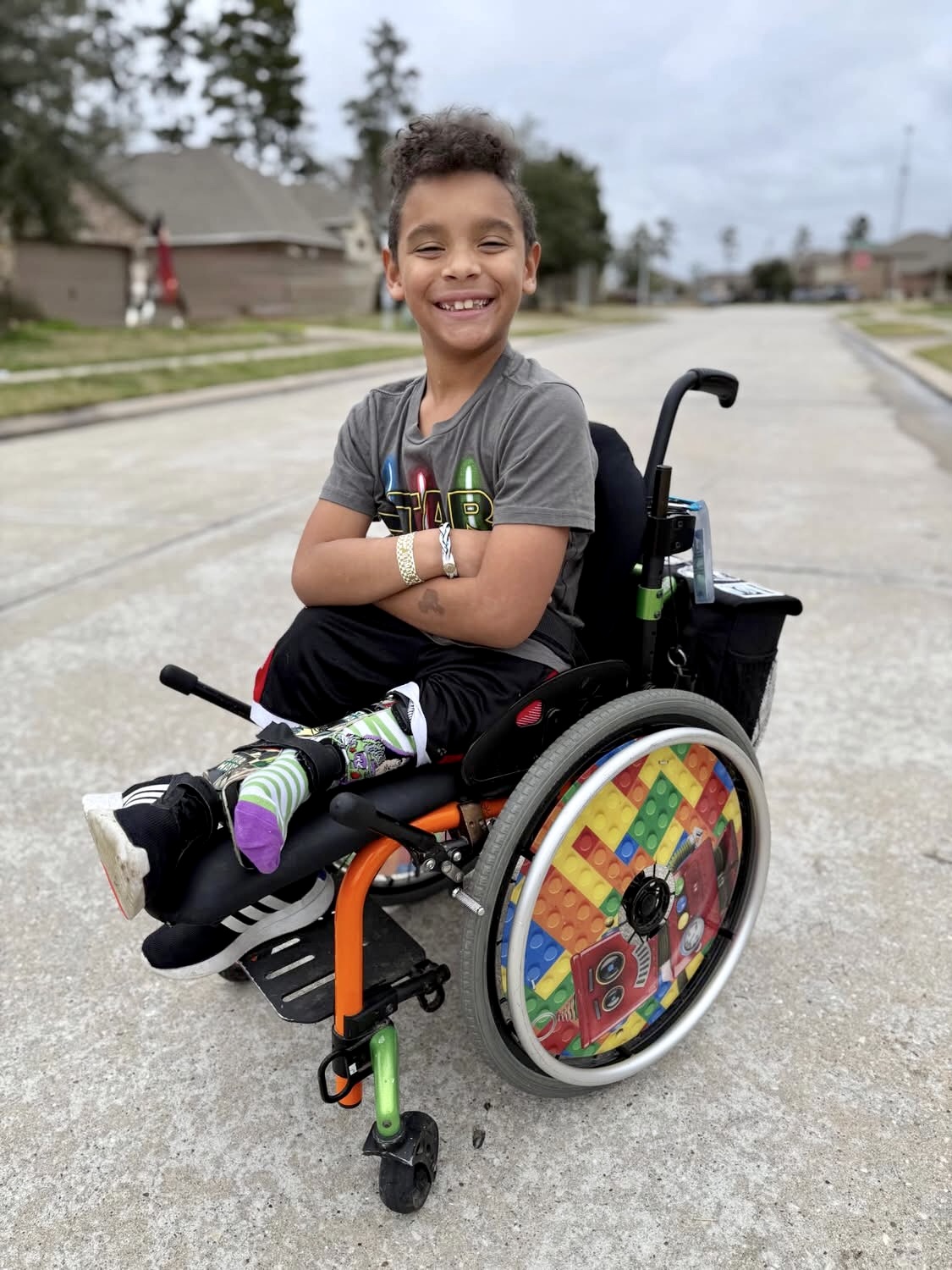
Sharing this insightful Facebook post from Real Life Foster Mom Chelsea to raise awareness about continuing needs for advocacy and programs for kids with special needs.
https://www.facebook.com/
Sometimes, it’s really hard being a special needs parent & it’s not my kids that make it that way. It’s the constant, exhausting fighting & advocating to get their basic needs met.
Advocating for schools to follow laws that you literally have to explain to them. 🤯
Fighting insurance companies to approve treatments our doctors already prescribed. 💊
Fighting to get medical supplies & equipment maintenance & wheelchair repairs.🦽
Advocating for hospitals to make decisions that help my child. 🏥
Begging for doctors to sign paperwork that has been sitting in their inbox for over a week. 📝
Heck even handicap spots aren’t safe because someone without a placard decided they were just going to park there “real quick while they run inside” for a half hour. 🚙
...A story where truth is stranger than fiction
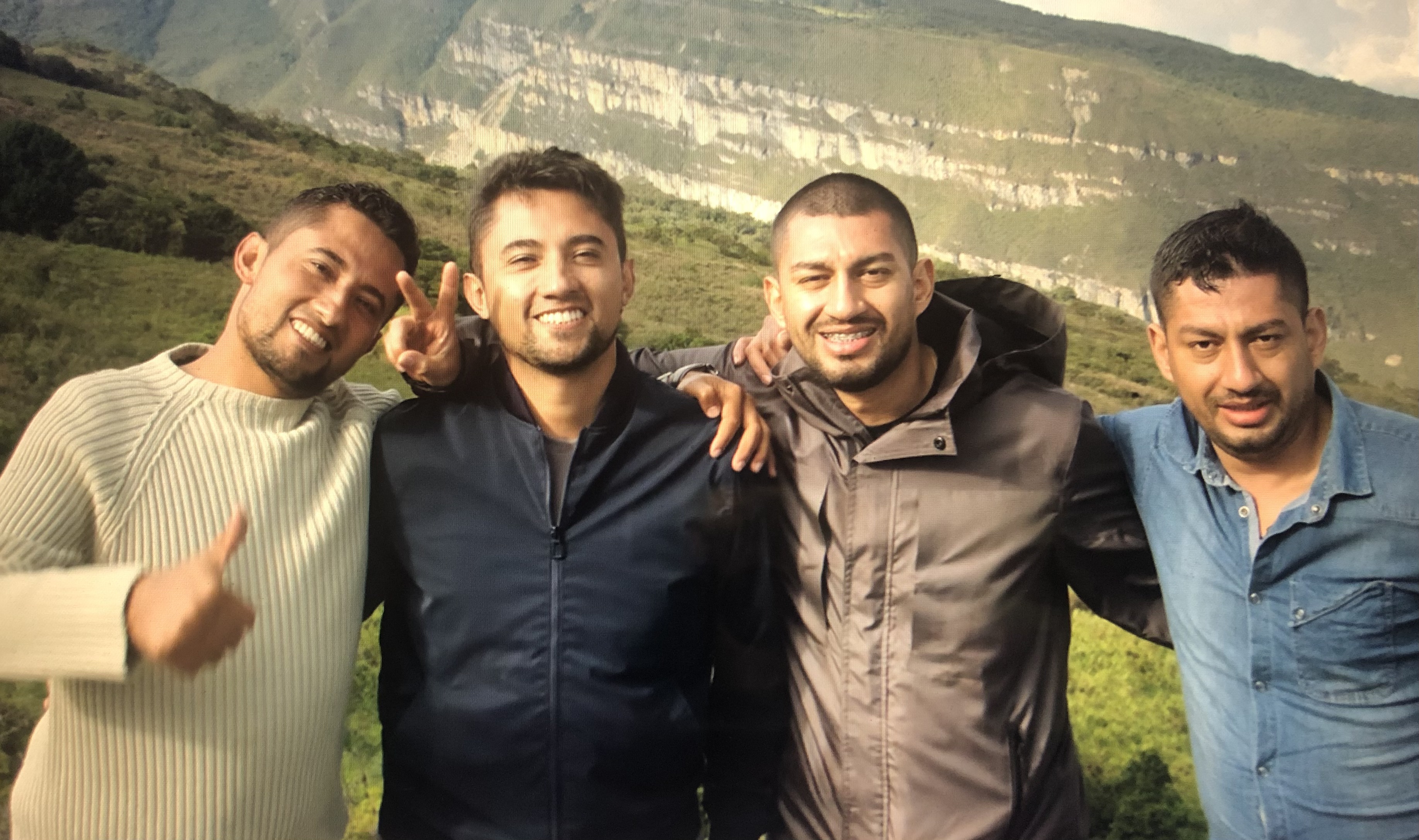
Since starting to think about unexpected identity loss a few years ago I hadn’t yet thought about twins and what happens when they’re separated.
In my book I have an adoptee’s story. It’s pretty easy to think about identity loss under those circumstances.
That’s the closest similarity to the story I heard last night on a Netflix documentary — dealing with unanswerable questions about the life that could have been…
I’ll need to watch the documentary quite a few more times to actually get the story straight because:
- It is mind blowing and mind boggling
and
- It’s really complicated trying to keep up with who is who throughout the film.
This is because it’s a story about two sets of identical twins that get mixed up in the hospital and both sets lose one sibling to the other family.
The documentary is shot nine years after Jorge, Carlos, William, and Wilber meet each other, so lots of time to assimilate reality.
They met because of … a trip to a butcher’s shop in Bogotá, Co...
Independence is a fallacy

The federal government has created a monolithic state of uncertainty as it changes so many systems we depend on.
This immediately trickles down to fiscal planning and legal quagmires at state, county, and other local levels, down to our own families’ ability to budget and plan.
As always, demographic groups are impacted differently with the underserved being inordinately impacted.
Families with a child with special needs is one of these groups.
They’ve fought tooth-and-nail for every law and budget line item that supports their needs.
Every month.
Of every year.
Continually.
- And in today’s governmental chaos, protecting services addressing their needs is more necessary than ever.
But many of these families are already stretched well beyond their limits and advocacy actions may be next to impossible to fit into their schedules.
Things like attending school board and city council meetings.
State or federal budget hearings.
Email and phone call campaigns.
- This is where alli ...
When’s it okay to cut ties?

When’s it okay to cut ties with people?
— When you want to live by design rather than default.
— When you’re no longer settling for life on autopilot.
This is when it’s important to free yourself from beliefs, habits, and people that don’t align with this new version of you and what you're building.
It’s a chance to ask:
- “Which connections no longer serve me?”
Then act on the answers.
Every relationship will have its unique factors to assess.
And there can be a shifting of degrees of connectedness vs ending a relationship all together.
But even before a contemplative assessment you’ll have answers about some.
Those with whom you feel worse rather than better after encounters.
Relationships where, on balance, you feel
Drained.
Criticized.
Belittled.
Undermined.
Ignored.
These are the no brainer changes you’ve been putting off.
Cutting ties to these is probably best, whatever the cost.
And because other relationships are more nuanced
and your needs are unique t...
Patience is Power
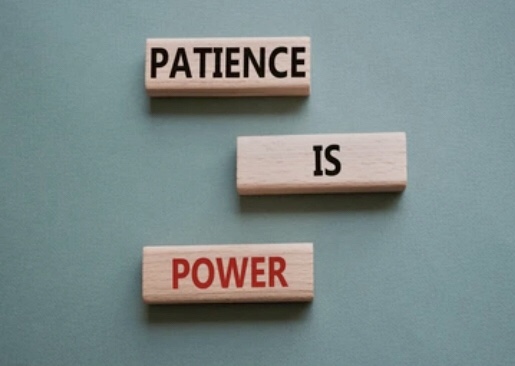
Patience was what amazed me most on my job as a medical social worker for kids receiving specialty medical care.
Patience on the part of the child who spoke very VERY slowly due to conditions like cerebral palsy.
…While knowing that the speed of the child’s thoughts were not reflected in the speed of delivery, that her thinking was the same speed as mine…
Or the ones who couldn’t speak with their voice at all, communicating only by facial expression and pointing to pictures or letters of the alphabet on their wheelchair tray.
..
..
And those who didn’t have the ability to use their hands to point AND couldn’t annunciate in intelligible ways, but whose cognition was still sharp as a tack.
..
..
The ones who struggled to get every bit of food off their plate and into their mouth while so much never made it there.
..
..
Those who walked with a wobbly gait, looking like they would definitely fall over with each and every step, even WITH their crutches.
And those who didn’t need crut...

